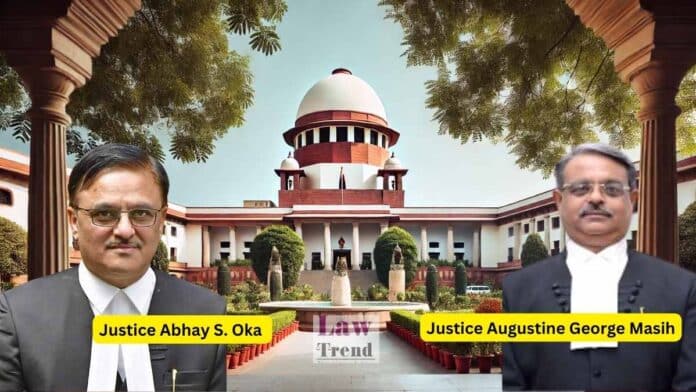The Supreme Court of India has quashed criminal proceedings under Section 306 IPC against seven accused in a suicide case, observing that there was no proximate act of instigation or harassment that could constitute abetment. The Court held that “merely because the act of an accused is highly insulting to the deceased by using abusive
To Read More Please Subscribe to VIP Membership for Unlimited Access to All the Articles, Download Available Copies of Judgments/Order, Acess to Central/State Bare Acts, Advertisement Free Content, Access to More than 4000 Legal Drafts( Readymade Editable Formats of Suits, Petitions, Writs, Legal Notices, Divorce Petitions, 138 Notices, Bail Applications etc.) in Hindi and English.




